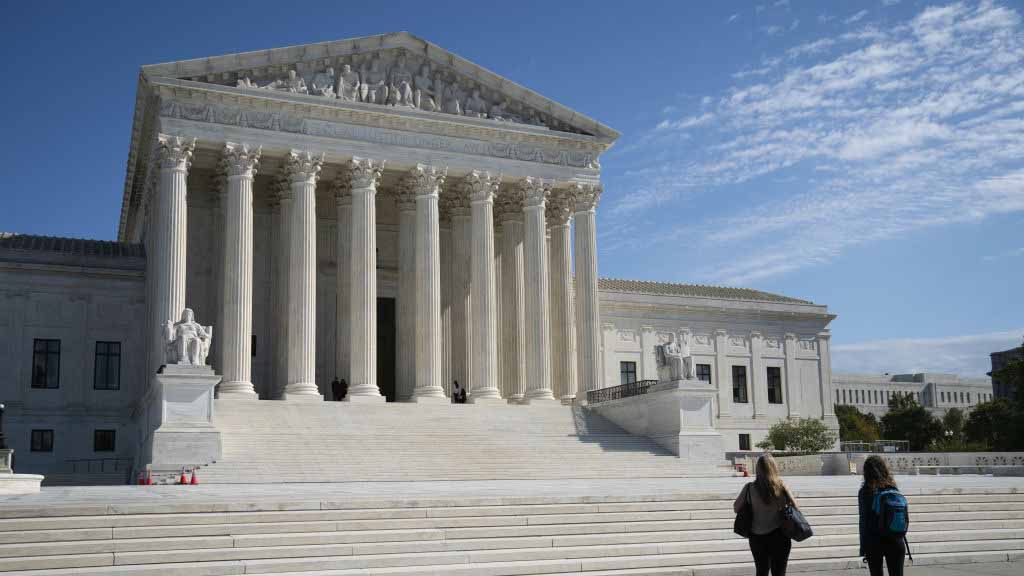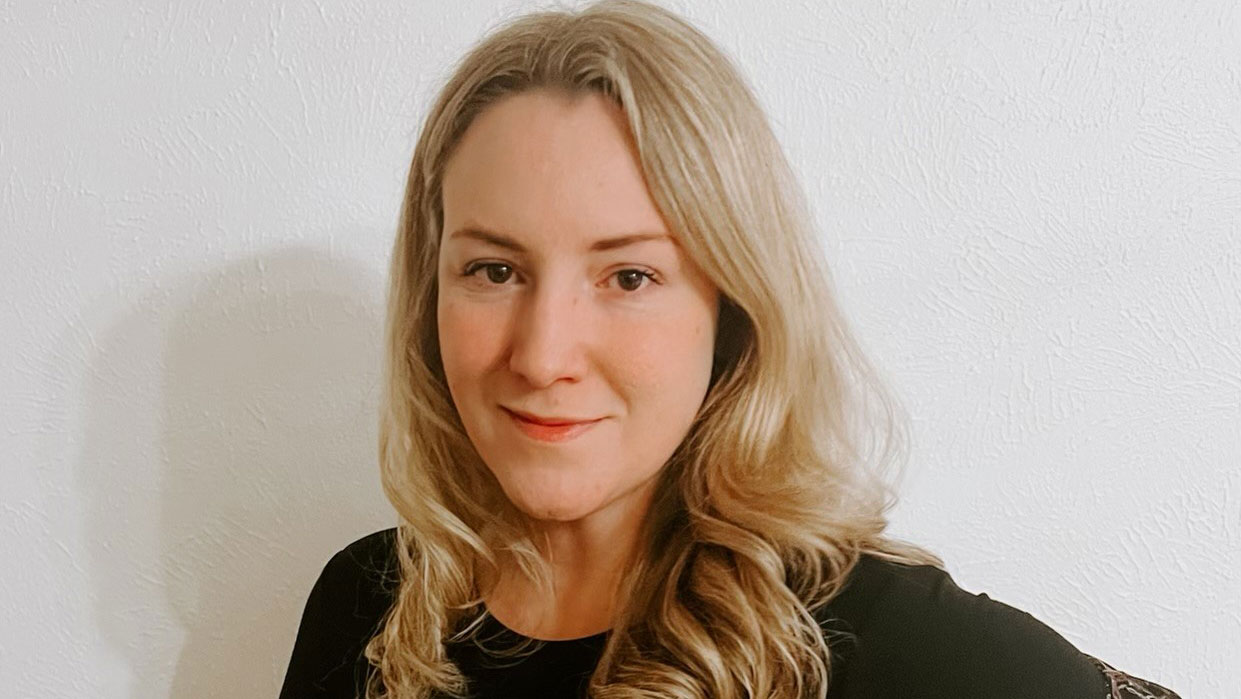
Attorneys for both sides in a challenge to Wyoming abortion restrictions that include the nation's first explicit ban on medication to end pregnancy urged a judge Thursday to uphold or strike down the new laws without holding a trial.
A ruling either way would likely be appealed to the Wyoming Supreme Court. Teton County District Judge Melissa Owens in Jackson didn't immediately rule after the arguments, however, saying the complex constitutional questions in the case would take time to assess.
A three-day bench trial is set for April 15 if Owens chooses not to rule before then on the two new laws. One bans abortion except to protect to a pregnant woman’s life or in cases involving rape and incest. The other made Wyoming the only state to explicitly ban abortion pills, though other states have instituted de facto bans on the medication by broadly prohibiting abortion.
Get Tri-state area news delivered to your inbox. Sign up for NBC New York's News Headlines newsletter.
Owens has shown sympathy for arguments that the bans violate women's rights under the state constitution. Three times over the past year and a half, the judge has blocked the laws from taking effect while they were disputed in court.
The laws were challenged by four women, including two obstetricians, and two nonprofit organizations. One of the groups, Wellspring Health Access, opened as the state’s first full-service abortion clinic in years in April following an arson attack in 2022.
The bans could harm their health, well-being and livelihoods in ways the Legislature did not consider or care about, an attorney for the groups and women, Peter Modlin, told Owens during Thursday's hearing.
“The statutes would have a devastating impact on women’s health in Wyoming," Modlin said.
Modlin described research showing that pregnancy is statistically far more deadly for women than abortion, particularly when mental health — namely suicide — is taken into account. Wyoming's abortion pill ban specifically bars any exception for “psychological or emotional conditions.”
"When the state says they are trying to protect women, that can’t be right,” Modlin said.
The women and nonprofits also say the bans violate a 2012 state constitutional amendment saying competent Wyoming residents have a right to make their own health care decisions, an argument Owens in previous rulings has said had merit.
Wyoming voters approved the amendment amid fears of government overreach following approval of the federal Affordable Care Act and its initial requirements for people to have health insurance.
Attorneys for the state argue health care doesn't include abortion. Abortion is an “ordinary social interest” and not any sort of implicit right under the state constitution, Special Assistant Attorney General Jay Jerde told Owens.
“The plaintiffs have a burden to show the statutes are unconstitutional beyond a reasonable doubt,” Jerde said. ”The fact they disagree with the policies does not make them unconstitutional.”
The state’s high court this week also heard arguments from lawyers for some lawmakers who oppose abortion rights and Right to Life Wyoming who are seeking to join in the defense of the bans alongside the state attorney general.
Separately, the U.S. Supreme Court will take up a dispute over mifepristone, one of two drugs used in the most common method of ending pregnancy in the U.S.
Wyoming has just two clinics providing abortions: Wellspring Health Access in Casper and the Women’s Health and Family Care Clinic in Jackson. The Jackson clinic provides only medication abortions and is scheduled to close Friday due to rising costs. Physicians at the clinic have said they will resume providing medication abortions elsewhere in Jackson within the next couple months if allowed.



